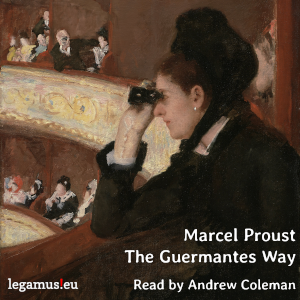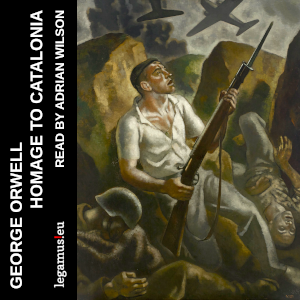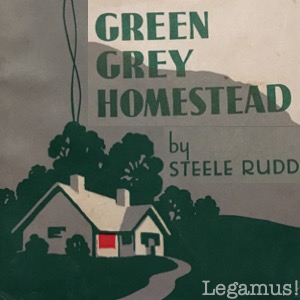
(first published 1922)
F. Scott Fitzgerald (1896 – 1940)
Language: English
F. Scott Fitzgerald was an American novelist, essayist, and short story writer. He is best known for his novels depicting the flamboyance and excess of the Jazz Age, a term that he popularized in his short story collection Tales of the Jazz Age. He published four novels, four story collections, and 164 short stories. He achieved temporary popular success and fortune in the 1920s, but he did not receive critical acclaim until after his death; he is now widely regarded as one of the greatest American writers of the 20th century. (summary from Wikipedia)




 (first published 1929)
(first published 1929) (first published 1936)
(first published 1936) (first published 1933)
(first published 1933) (first published 1934)
(first published 1934) (first published 1934)
(first published 1934) (first published 1935)
(first published 1935)